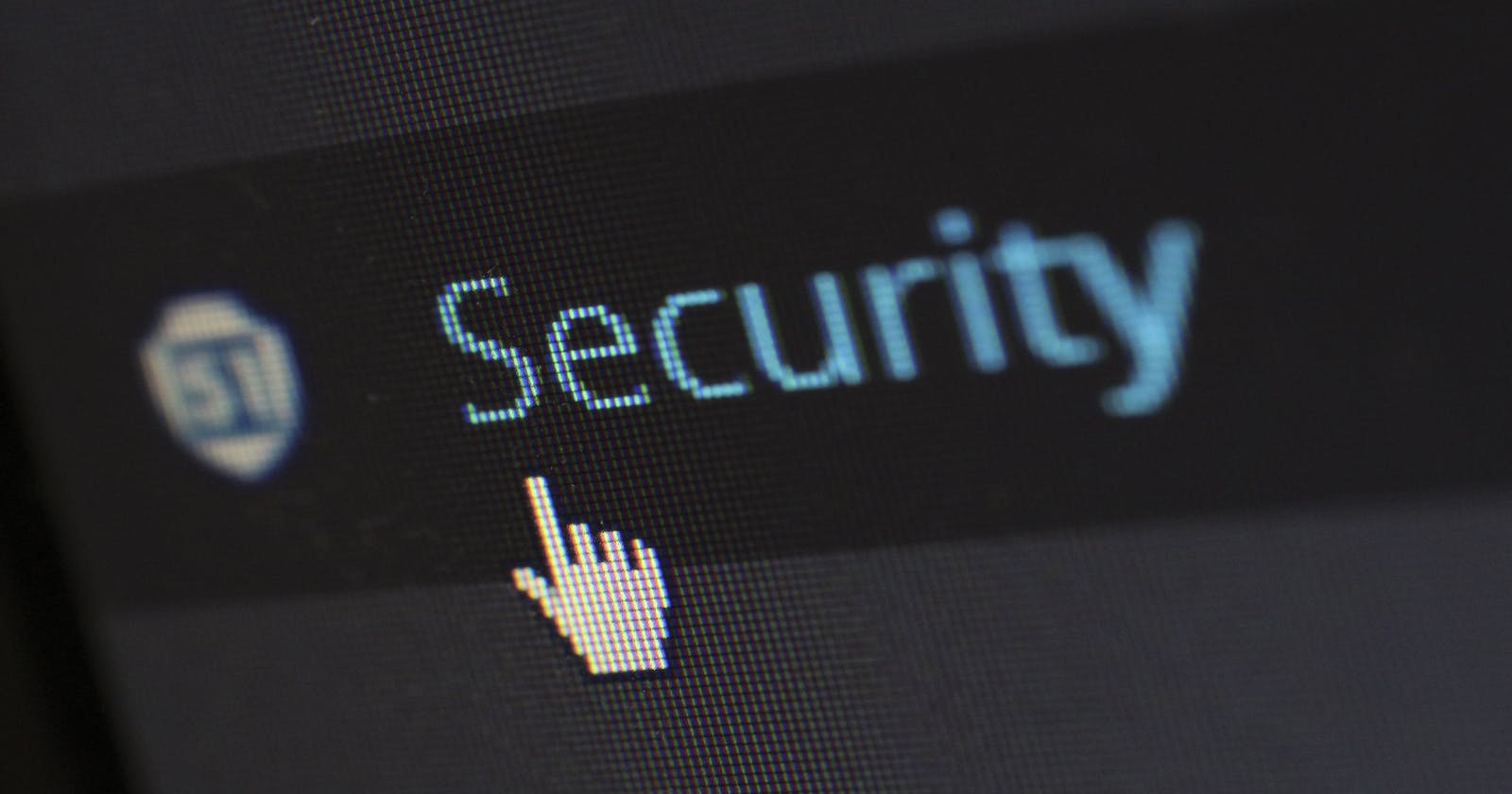What is Internet Safety?
According to Applied Educational Systems, “Internet safety is the practice of following actionable guidelines, understanding modern technology, and protecting your digital devices so you can defend against the malicious parts of the online world”. In simple terms, Internet safety is the act of protecting oneself online.
Here are 5 internet safety rules to follow;
1. Verify people’s identity - Verify the identity of anyone you receive a message from on the internet. This is done to ensure that the individual is who they claim to be and to avoid being scammed. You can do this by examining the person's profile on all social media platforms and checking in with one or two persons.
2. Verify if a link is safe (HTTP vs HTTPS) - Do not click on links that appear suspicious or come from sources you do not trust. A website that uses HTTP is more secure than a website that uses HTTPS. This is because HTTPS uses a combination of Transport Layer Security (TLS) and Secure Socket Layer (SSL) which establishes a secure encrypted connection between the host server and the browser. So pay attention to the links you click on the internet. So be cautious of the websites you visit on the internet.
3. Creating and using passwords - It is critical to preserve your online privacy by creating strong passwords (that are not too complicated to remember) and do not share your passwords or account information with anybody. Using separate passwords for different platforms is also important so that if one of your accounts is compromised, the fraudster cannot access your other accounts. Also, two-factor authentication is important because it adds a second layer of security in addition to your password.
4. Use Ad blockers - Ad blockers are software used to block ads or prevent them from being shown on a website. Examples of Ad blockers that can be used include AdBlock Plus (available on Chrome, Edge, Firefox, Opera, Safari, Android, and iOS), Poper Blocker, Stands Fair AdBlocker, uBlock Origin, e.t.c. Ad blockers can help to protect you from malware, prevent your data from being collected, and block any intrusive content. You can also use a pop-up blocker with your browser.
5. Install an anti-malware app - Avast One Essential, Bitdefender Antivirus, Norton 360 Deluxe, and McAfee are examples of anti-malware apps that you can install to protect your devices against malware (such as viruses, worms, Trojan viruses, spyware, etc). It is advisable to download any anti-virus software on the company’s website rather than a third-party website. It is also important to keep these apps up to date and scan your PC regularly so that your computer will be shielded against any newly introduced malware and protect your personal data.
Do you find this article resourceful? Kindly share with your friends and network.
Reference: Article published by Applied Educational Systems on Internet Safety
Photo Credit: Pixabay
